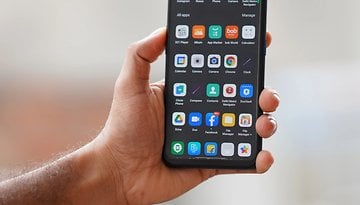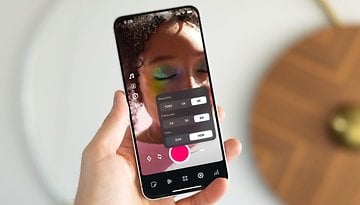WhatsApp offers Biometric security for WhatsApp Web, desktop sessions


WhatsApp might be the world’s most widely used instant messaging platform. It is, however, far from perfect in terms of features, security features and privacy. Even as the debate on the company’s controversial new privacy policy rages on, the company has introduced a new authentication feature that is aimed at making the app more secure and save your info from prying eyes.
Use Biometrics to authenticate WhatsApp Web sessions
Chances are high you already own a phone that supports a biometric authentication feature (fingerprint-based, facial recognition or iris scan based). With an upcoming version of WhatsApp, you will see an option to add an extra layer of security and authentication using one of these methods.
With the current system, if a person somehow manages to gain access to your phone, they can easily open WhatsApp on your phone and quickly also open a session of WhatsApp Web by simply scanning a QR code and gain access to your messages. Once the new biometric option comes along, you can opt to add a layer of security wherein, you will need to use a biometric security option to authenticate every fresh WhatsApp Web session. The QR card scan option still remains. It’s just that you will be prompted for a biometric authentication option when you scan the QR code.
The feature will be available as an option on all Android smartphones that have a biometric authentication option and if you have turned them on. On iOS devices, you will need to be running iOS 14 and above.
At the time of publishing this report, the feature hasn’t been rolled out for all users. But if you happen to be a WhatsApp user, you can try it out for yourself by following the instructions on this page.
Do you use WhatsApp Web or WhatsApp Desktop frequently? If yes, what do you think of this extra security option for WhatsApp Web users?
Source: TechCrunch

















